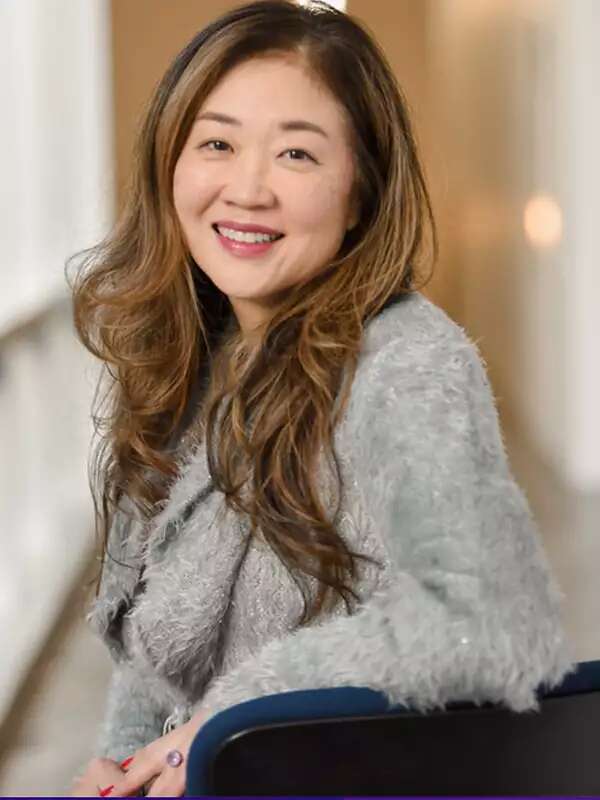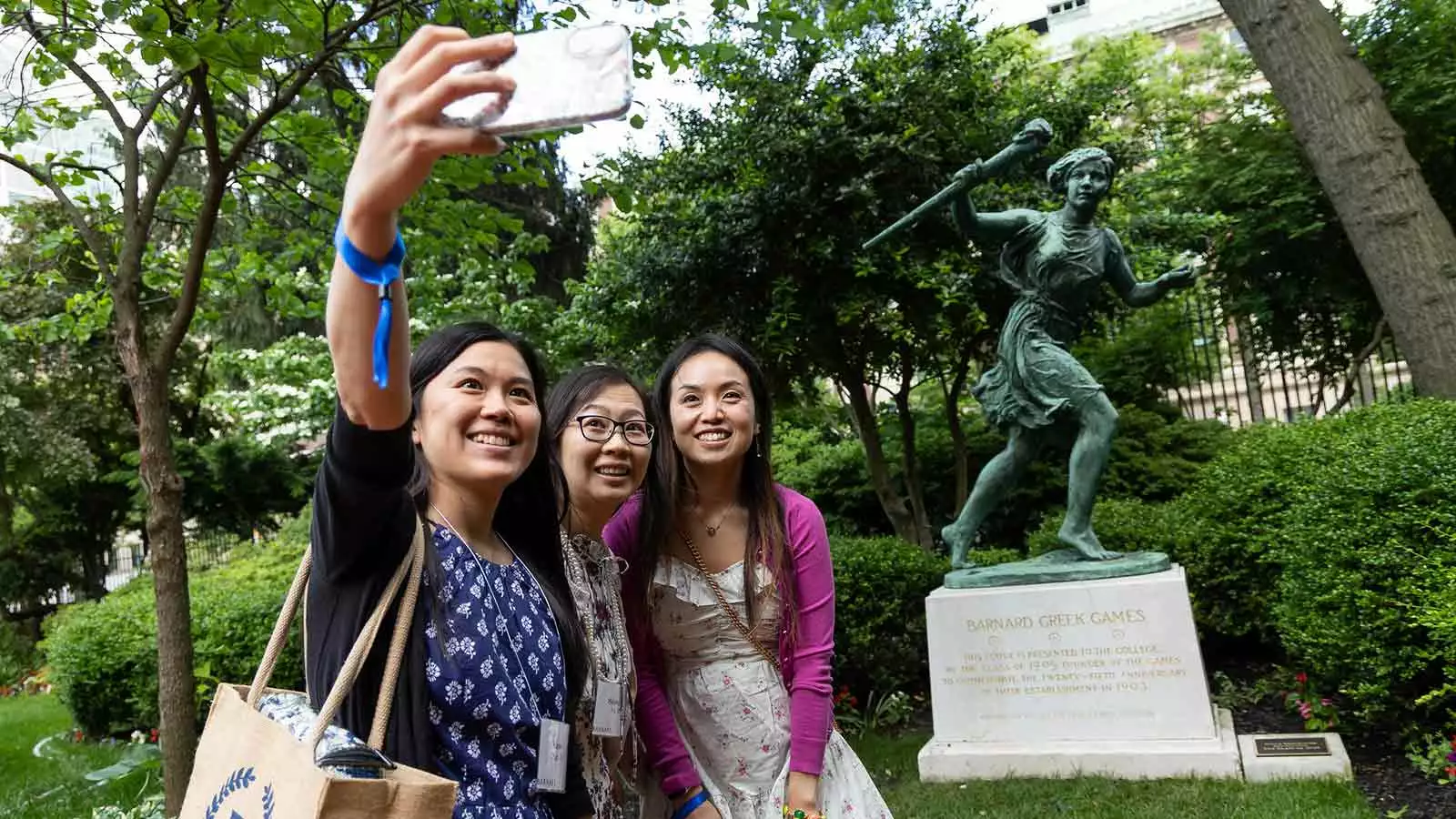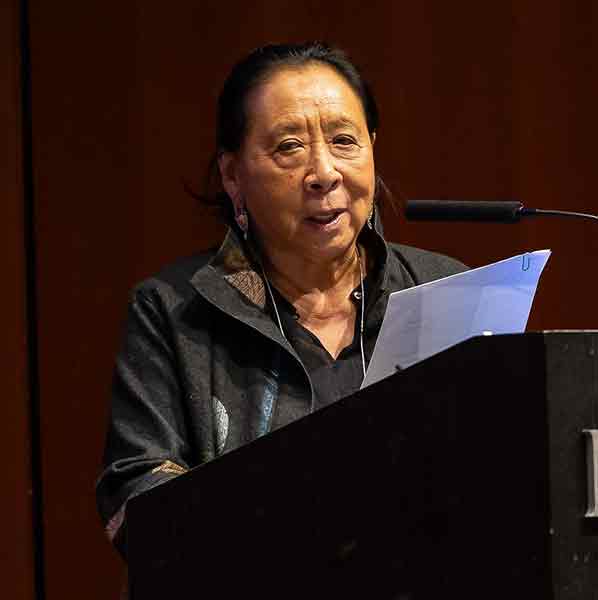

Rona Wilk ’91
A day after Marilyn Stocker ’70 received an Award for Service to Barnard from President Laura Rosenbury, Stocker sat on a bench outside of Barnard Hall and reminisced about one of her most influential professors: Margaret Mead, the famed anthropologist who graduated from the College in 1923.
“She had a walking stick and a monkey coat,” Stocker recalled. “She said to me, ‘Marilyn, other people are not yourself.’ That’s become a lesson I keep learning all my life.”
Indeed, on a campus filled with women from every walk of life, other people were not like her at all, which suited her just fine.
“There were Greek Games. There were high teas. It was like the 19th century,” she said, before adding that these traditions were tempered by a world in flux. However, the College remained a place “of dialogue where we respected each other.”
With award ceremonies, panel discussions, and dancing under the tent, it became apparent that for alumnae, the sense of community at Barnard continues beyond the gates and across generations.
Upon running into Rona Wilk ’91 at Futter Field, Stocker — who traveled in from Chicago — was quick to hug Wilk, a local from New York. The two were on the Reunion Committee during the pandemic, with Wilk serving as chair (“the greatest chair,” according to Stocker) of what was then called Reunion Reimagined.
“It’s been great to be back on campus. It’s always a delight,” said Wilk, who is widely recognized as Barnard’s alumna historian.
On the other hand, Kate Scarbrough ’14 says she comes back to campus so often if feels like she never really left.
“I have been able to remain close and connected to Barnard because I have physically lived near here and also have remained close with some of my classmates, which has been great,” she said.
Her continued involvement with the Alumnae Association of Barnard College (AABC) has kept her grounded in a shared identity.
“Barnard does resonate with me, but especially professionally,” she said. “When I meet Barnard alums out in the world, there is a certain connection, and there’s a certain sort of camaraderie to it — people are always excited to connect and willing to connect.”
Later, at the luncheon, classmates seated at tables reserved for the classes from the 1970s celebrated alongside Award for Distinction honorees Vivian Li ’75 and Stella Ling ’69, who mused about the awards ceremony, at which Ling recited a poem she wrote about Barnard.
In the poem, Ling spoke of herself as a young woman arriving from “the innocent cornfields of Ohio” and of her early days on campus, of “typewriters and carbon paper,” “the library with our index cards to look things up,” and “the girl assigned to telephone duty in your corridor [who] yelled out your name when your boyfriend called.” In the last stanza, a distant echo of Mead’s comment to Stocker rang through, this time in the voice of Ling:
“We are the moth, and we are the flame; we have all lived so many versions of ourselves.”








